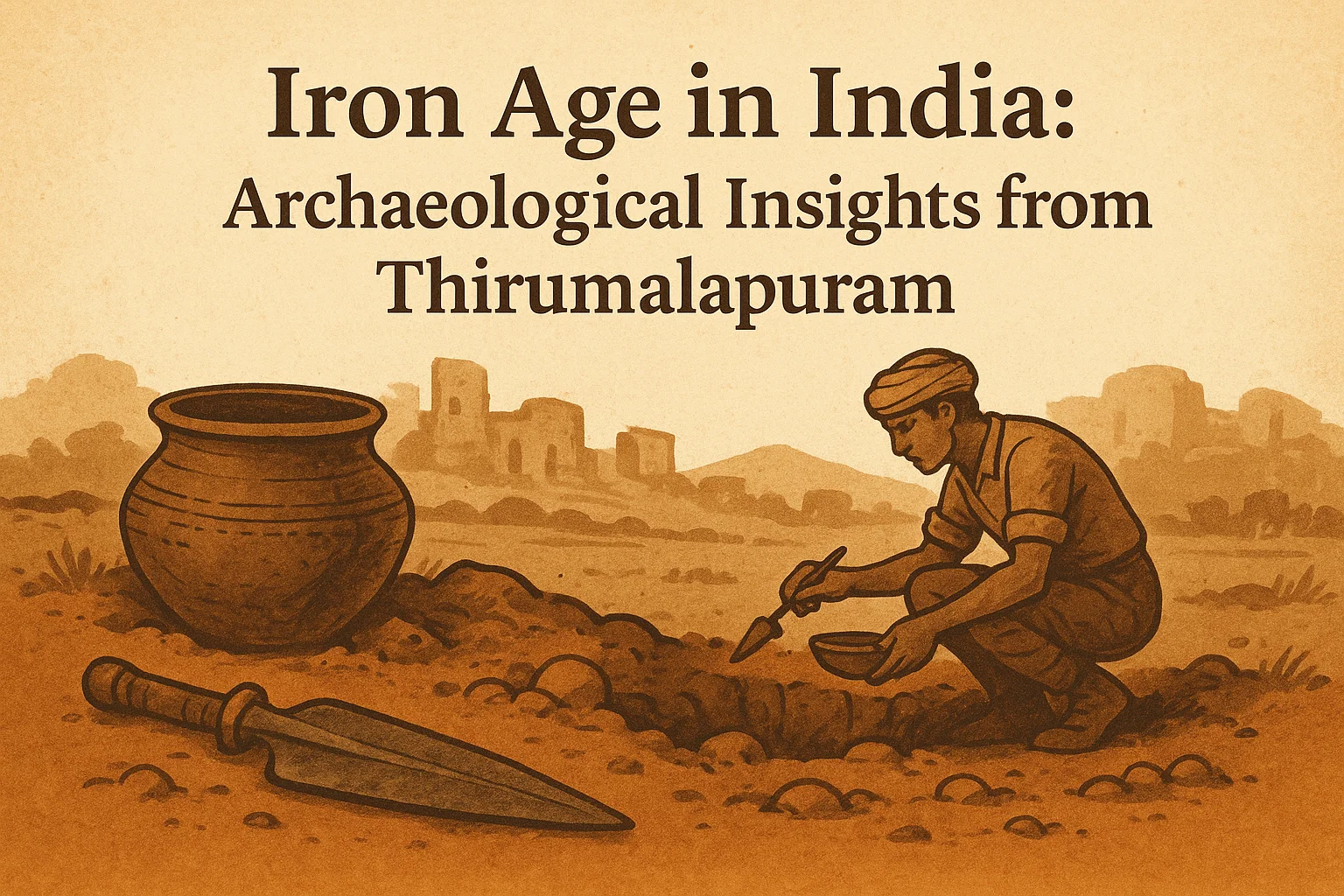Font size:
Print
Autism: Facts, Misconceptions, and the Urgent Need for Support
What is the need of the hour in autism care?
Context: In April 2025, U.S. Health Secretary Robert F. Kennedy Jr. announced a major testing and research initiative to investigate environmental toxins possibly linked to the “epidemic” of autism in the U.S.
More on News
- The Department of Health and Human Services (HHS) will launch studies focused on identifying environmental substances involved.
- Kennedy called autism “preventable” and promised preliminary answers by September 2025.
- This announcement followed a CDC report noting that autism prevalence in children rose from 1 in 36 (2020) to 1 in 31 (2022).
What is Autism?
- According to the World Health Organisation (WHO), Autism Spectrum Disorders (ASD) are a diverse group of neurodevelopmental conditions.
- They are marked by difficulties with social interaction and communication, alongside atypical patterns of behaviour, interests, or activities.
- While signs may appear in early childhood, diagnosis often occurs much later due to a wide variation in how symptoms manifest.
What Does the Existing Research Say?
- Decades of scientific inquiry have found no singular cause of autism. Instead, ASD is understood to result from a complex interplay of genetic and environmental factors. Studies show that:
- Genetics plays a substantial role, with heritability estimates reaching up to 91% in some studies (Tick et al., JAMA, 2016).
- Environmental factors, such as advanced parental age or exposure to air pollutants during pregnancy, may contribute but are not the sole causes (Sandin et al., JAMA, 2014; Becerra et al., EHP, 2013).
- Importantly, the long-debunked claim that the MMR (measles, mumps, rubella) vaccine causes autism has been thoroughly disproven. There is no credible scientific evidence linking any childhood vaccine to ASD.
Is Autism Preventable?
- The idea that autism is entirely preventable oversimplifies a deeply complex condition.
- Dr. Sheffali Gulati, a child neurologist at AIIMS, New Delhi, explains that complete prevention is not currently possible due to the complex interplay of multiple unknown factors.
- Primary prevention (avoiding the condition before it starts)
- Secondary prevention (early detection and intervention)
- Tertiary prevention (supporting long-term management and adaptation)
- Since primary prevention remains elusive, the current priority should be early diagnosis and effective intervention to help children lead fulfilling lives.
Is Autism on the Rise?
- There is consensus among experts that autism diagnoses are increasing, but this is largely due to greater awareness, better diagnostic tools, and expanded definitions of the spectrum.
- Dr. Ennapadam S. Krishnamoorthy, neuropsychiatrist and founder of Buddhi Clinic, Chennai, notes that less severe cases now fall under the autism umbrella—cases that might have gone unnoticed in the past.
- Gita Sankaran, founder of WeCAN, a Chennai-based autism resource centre, attributes the rise to increased awareness and improved access to diagnostics, especially for children on the milder end of the spectrum.
- Additionally, environmental triggers that might influence the expression of ASD, especially during early development, remain an area of ongoing research.
What Should Be Done for Autism Support and Care?
- Despite advances, early diagnosis and intervention remain insufficient in many regions, says Dr. Krishnamoorthy. There is a need for:
- Expanded psycho-education for families and communities
- Individualised interventions based on each child’s unique needs
- Combating misinformation, especially the vaccine-autism myth that has led to declines in vaccination rates and increased risk of disease outbreaks
- He also emphasises the importance of maternal health during pregnancy, suggesting that non-communicable health issues, including mental health and stress, require more attention during this critical period.
- “We often focus on infections and physical health during pregnancy,” he notes, “but maternal well-being plays a major role in fetal development. It’s time we gave this area the attention it deserves.”


